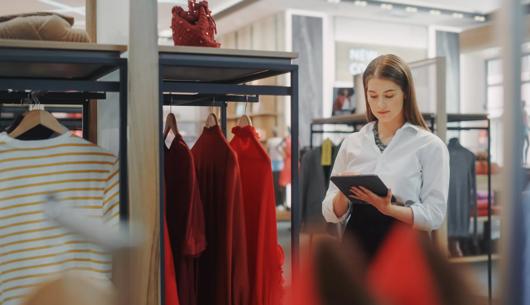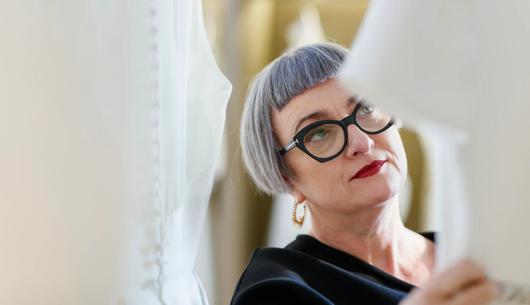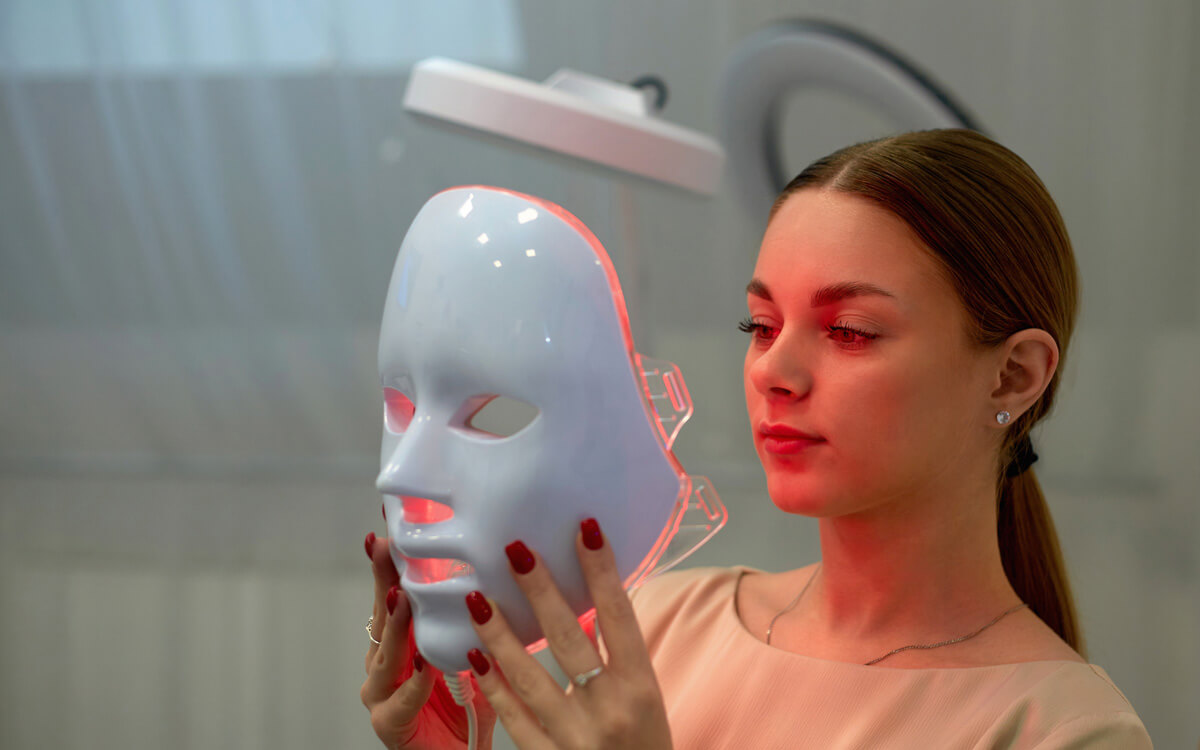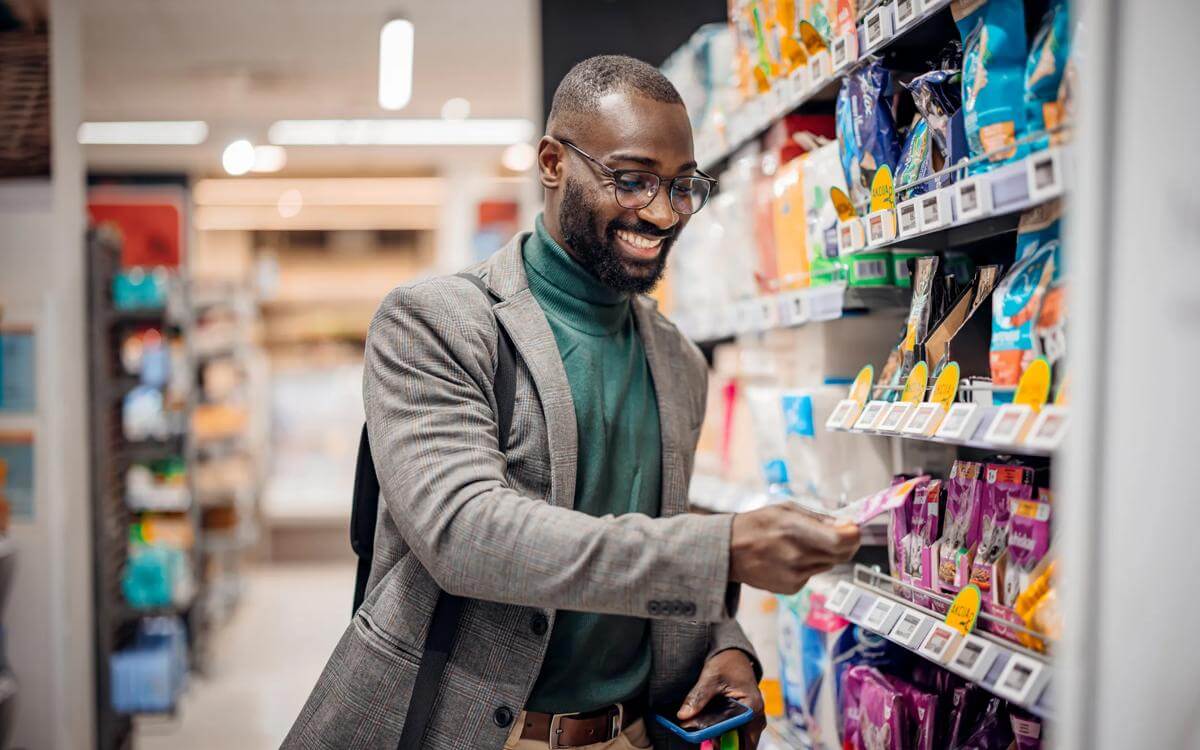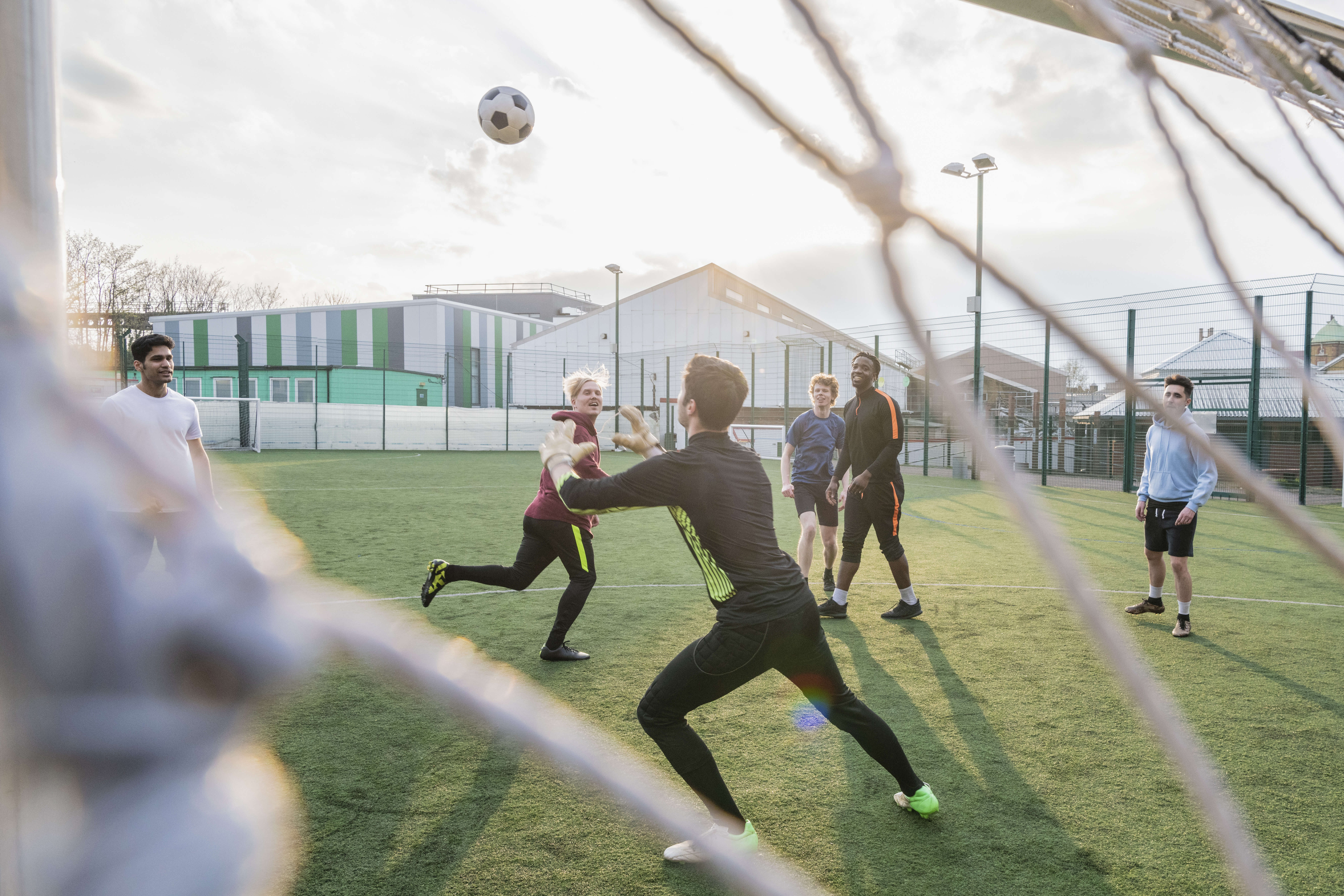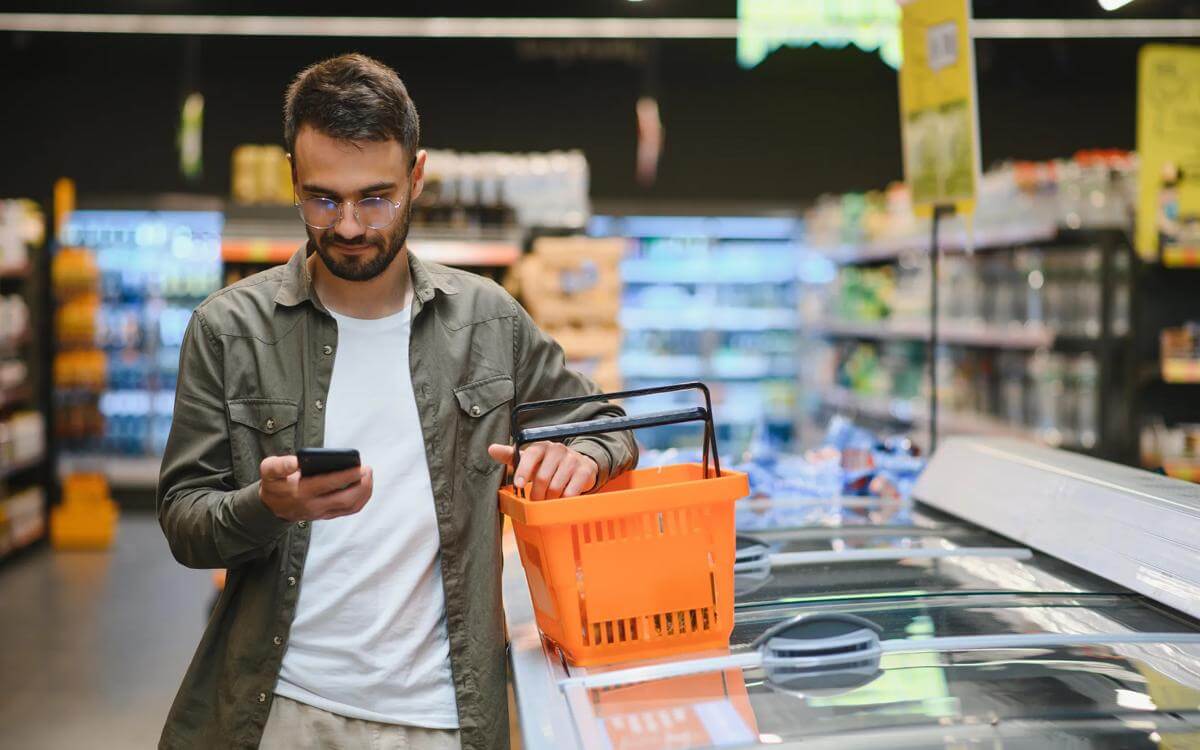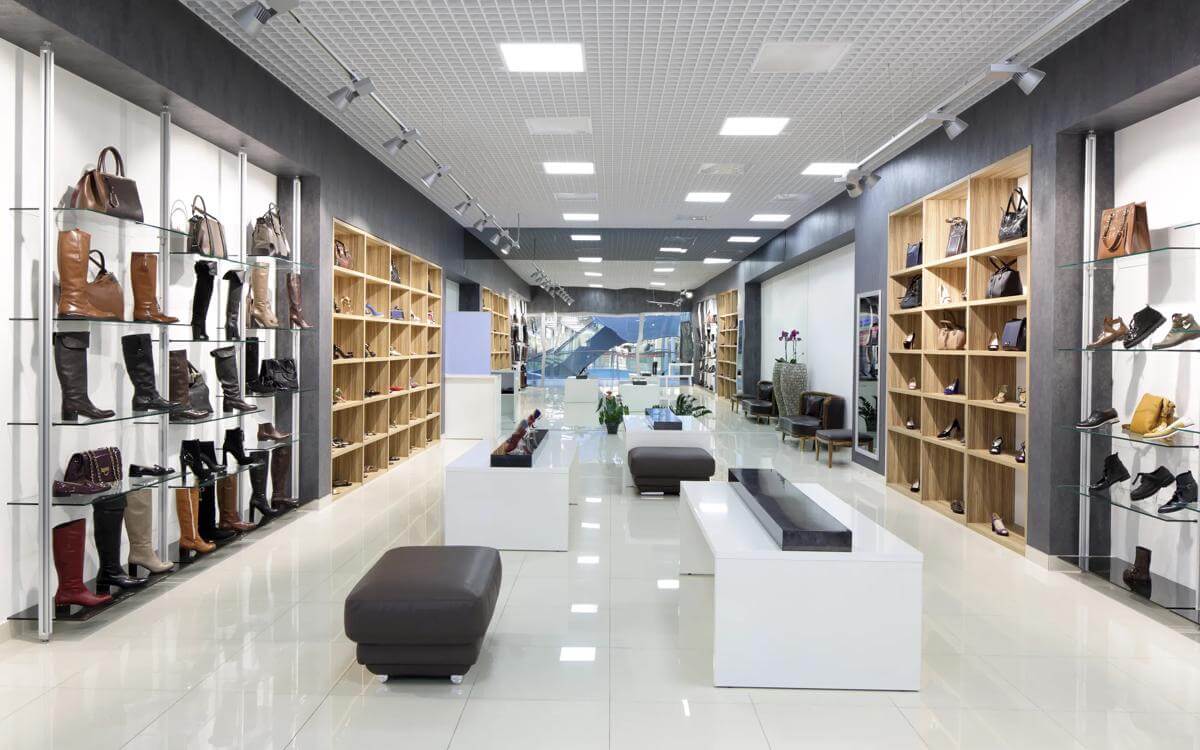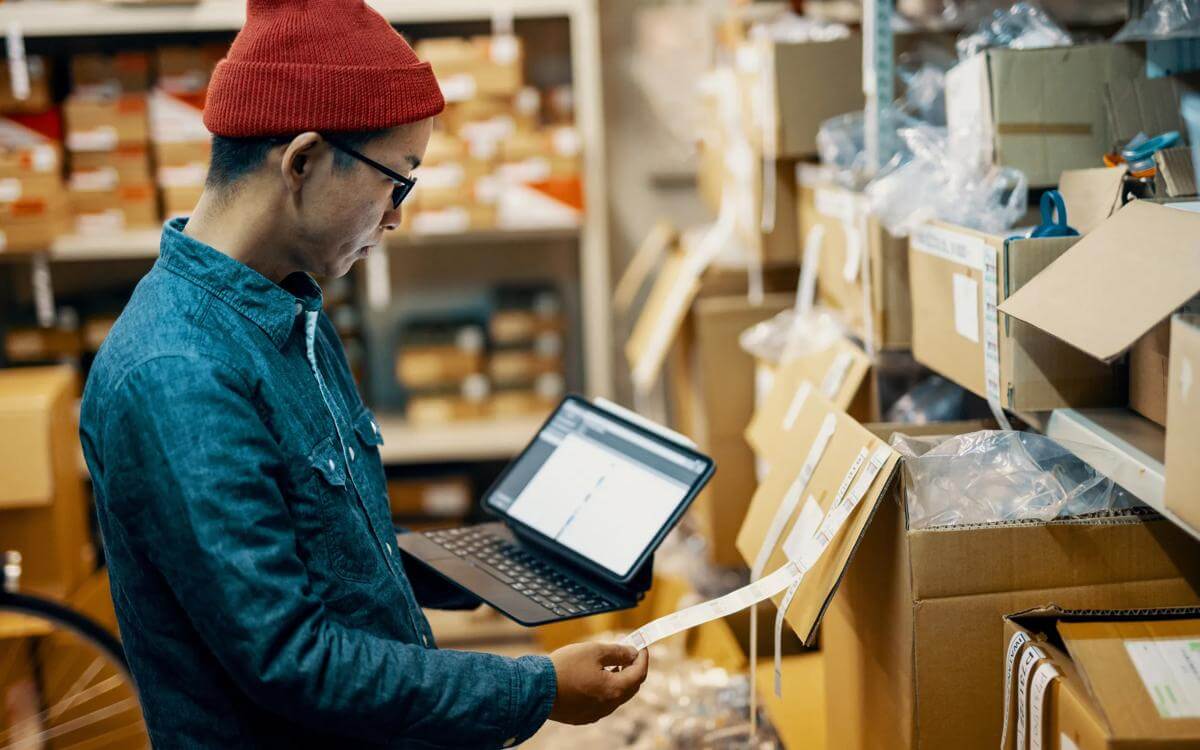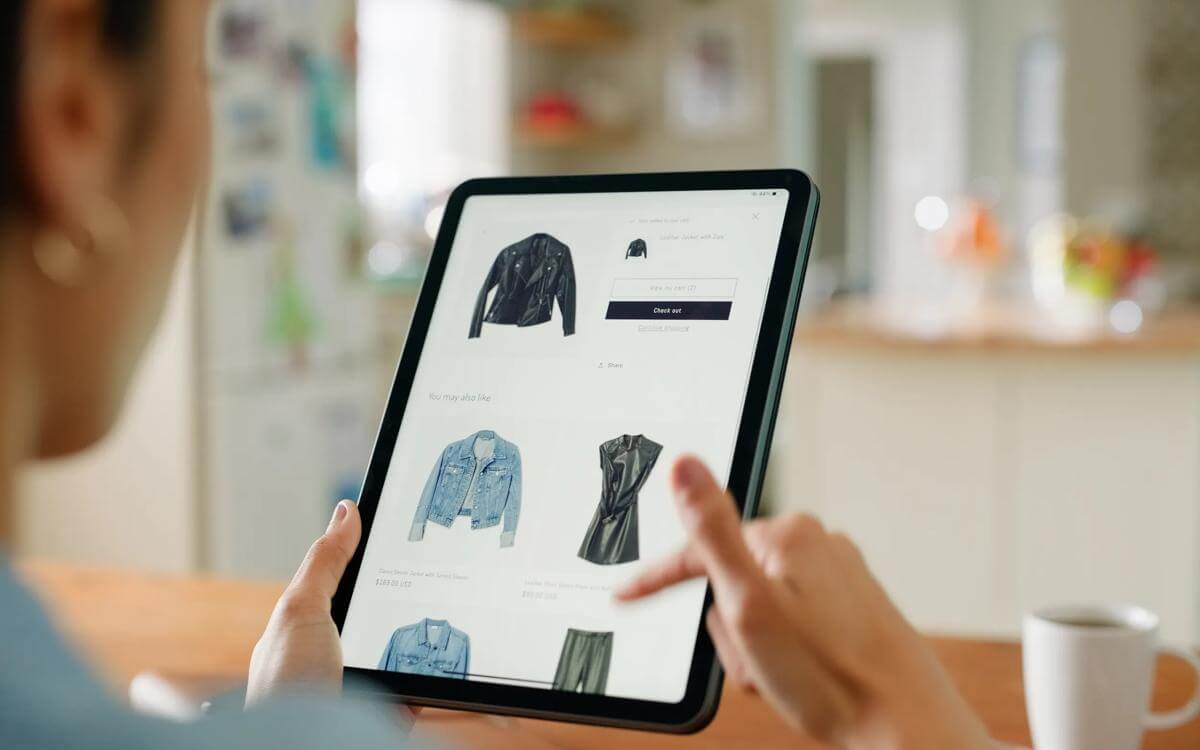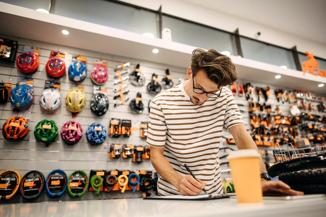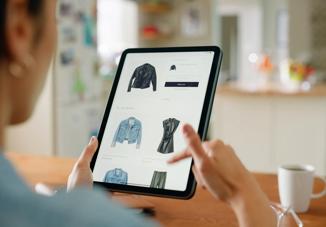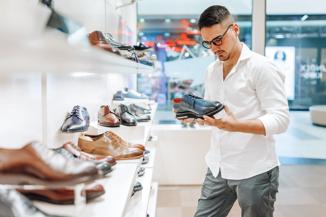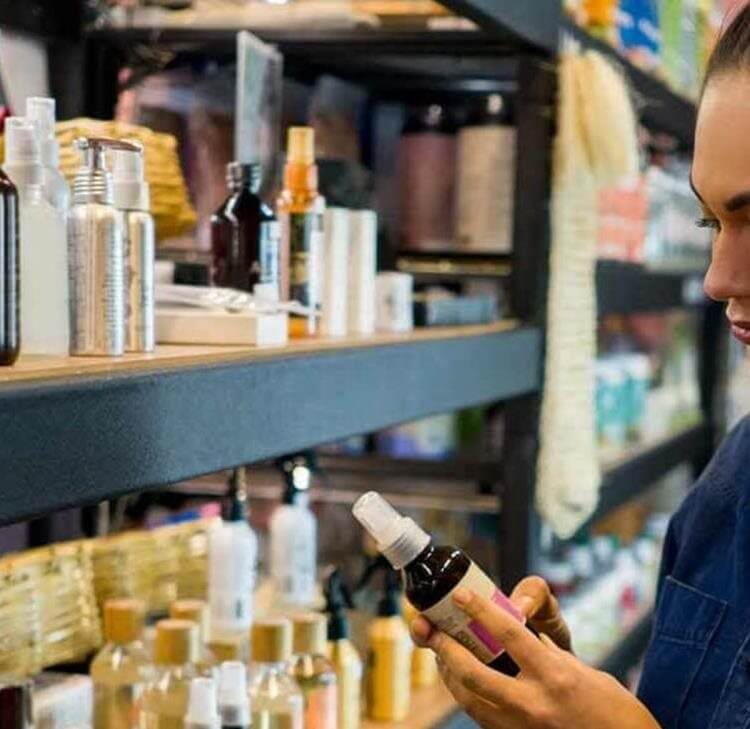AI is a hot topic, but how it intersects with consumer purchasing raises some big questions. Is this simply a new marketing tool, or will it deeply influence consumer perceptions of beauty standards and potentially misrepresent products?
If so, policy is needed. What further considerations must be addressed when deploying AI, especially with the rapid ascent of AI influencers?
What are AI influencers?
AI influencers, also known as virtual or digital influencers, are computer-generated characters designed with detailed features and personalities. Some operate like human accounts - they engage ‘authentically’ with real audiences across various social media platforms over time.
In a world where filters and edits are the norm, it can be easy to forget that these avatars are not real people. However, their use may shift the concept of beauty from being in the eye of the beholder to being in the eye of programmers that are tapping into specific beauty trends and unachievable standards.
Beauty and fashion brands are increasingly adopting these influencers as part of their marketing strategies, prompting significant legal considerations regarding their use.
During the 2018 Milan Fashion Week, Prada did a takeover of its Instagram account to the popular AI influencer Lil Miquela, who engaged fans with exclusive behind-the-scenes content. This marked the beginning of Prada's expanded digital strategy, which included the creation of their own digital muse, Candy, developed by Danish director Nicolas Winding Refn to promote Prada's Candy perfume.
Since then, we have seen an increase in brands adopting similar marketing strategies, employing AI influencers or creating bespoke digital representatives to mirror the desired traits of their customers and showcase the use of their products.
The beauty industry is also rapidly adopting AI technology. NARS introduced three digital ambassadors inspired by its Powermatte lipstick shades in December 2022, and Maybelline New York launched a virtual ambassador named May in 2023, to work alongside Gigi Hadid to promote the Falsies Surreal Extensions Mascara.
This year, H&M is collaborating with 30 different models and their agencies to create digital replicas of the models, and is planning to use these replicas in AI-generated images for social media posts and marketing campaigns.
Implications of using AI influencers
While it is reported that the models will retain the IP rights to their AI-generated 'twins,' it will be interesting to see the industry impact and how the twins are used going forward.
Will they operate independently of their human twins? Can they collaborate with other brands? The growing use of AI influencers is further highlighted by new events such as Fanvue's 'Miss AI' beauty pageant, which featured more than 1,500 AI influencers, including Shudu Gram, the world's first AI supermodel. These developments highlight the growing integration of AI in fashion and beauty marketing strategies, blending the real and virtual worlds.
This shift requires legal considerations from both consumer protection and IP licensing perspectives. These digital personas, often depicted with flawless skin and perfect features, may inadvertently (or purposefully) promote hyper-perfectionism and set physically unattainable beauty standards, potentially undermining the celebration of unique individual traits.
Many digital influencers are ageless, and so the viewers that grow up with them will not see their appearance changing in the way their own does. There is also a risk that the products they advertise may not accurately reflect the product's real-life performance and appearance, which could constitute misleading advertising if the digital representation does not accurately portray the product's true characteristics.
Platforms such as Lalaland.ai, allow users to create and style AI models in as little as 5 five minutes. Its tools can show pieces on lifelike models and allow companies to shortening the time to market in comparison to the use of human models.
However, this also highlights the importance of transparency in how these fully digitalised representations are communicated to consumers.
Under the UK's consumer protection regulations, business practices must not deceive or mislead consumers or provide false information. The government's copyright and AI consultation is exploring the necessity for regulations concerning the use of AI-generated content. This includes distinguishing it from human-created content through methods such as watermarks or other clear identifiers.
Until clear regulations are in place, common sense should be used when engaging AI influencers, such as including clear disclaimers or explanations that the images are computer-generated and may not perfectly replicate the actual product experience.
Key legal considerations when collaborating with an AI influencer
When a business considers collaborating with an AI influencer, there are nuanced considerations for IP clauses within the agreement that differ from those with human influencers.
Instead of relying on prior checks of their socials, it is crucial to define the AI influencer's persona and style of the generated content within the agreement, as the control over this typically resides with the developer of the influencer. Brands must ensure that this aligns with their brand vision and ethos. Since modifications to digital content are more easily made, explicit inclusion of modification rights is essential, alongside clear boundaries to ensure that any changes uphold the brand's image and values.
Usage rights require more thought, considering that an AI influencer can engage in multiple campaigns across various media platforms simultaneously, without the physical and temporal limitations that human influencers face. This capability allows for a broader and more flexible deployment of marketing strategies, leveraging the AI's ability to be universally present and instantly adaptable to different market needs and dynamics. These unique aspects highlight the need for tailored IP clauses that address the specific characteristics and capabilities of AI influencers.
As AI influencers gain popularity, some brands have voiced concerns about their use in marketing, highlighting issues related to consumer protection. Dove, in particular, has openly criticised the use of AI to market and promote products. It says that "1 in 3 women feel pressured to alter their appearance due to online images, even when aware of their artificial nature." This statistic highlights the potential risks of normalising digitally altered images as beauty standards and the social responsibility brands have when using this content.
Additionally, there is growing apprehension within the creative and talent industries about the impact of AI on jobs and future roles, with many concerned that the rise of AI influencers and digitally generated content will reduce opportunities for human artists and models, as the increasing reliance on technology replaces or significantly reduces traditional creative outputs.
Others have voiced concerns about the continued use of perfected images and inauthentic scenarios – actually creating more distance with the consumer it is trying to engage with.
Conclusion
The use of AI in the fashion and beauty industries is undoubtedly here to stay. AI influencers offer significant advantages in brand marketing, including precise control over messaging, flexibility and speed, cost efficiency, and broad appeal.
However, their use raises concerns about authenticity and accurate product representation. Brands must carefully integrate AI influencers into their strategies, balancing innovative technology with ethical standards, accurate advertising, and legal compliance, whilst also ensuring brand protection when drafting AI influencer agreements.
Contact

Hannah Mole
Associate
hannah.mole@brownejacobson.com
+44 (0)330 045 1025

Faye McConnell
Principal Associate
faye.mcconnell@brownejacobson.com
+44(0)20 7871 8538


